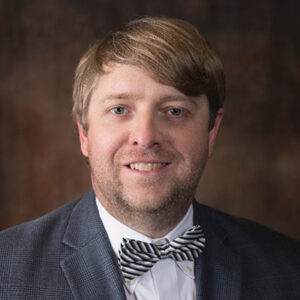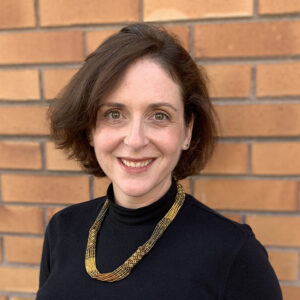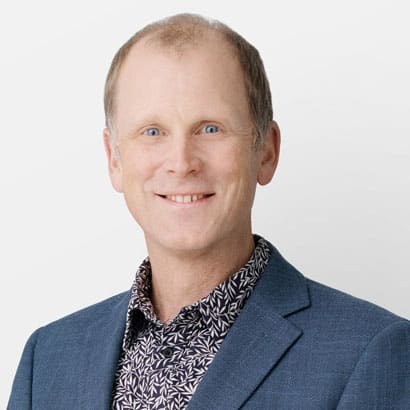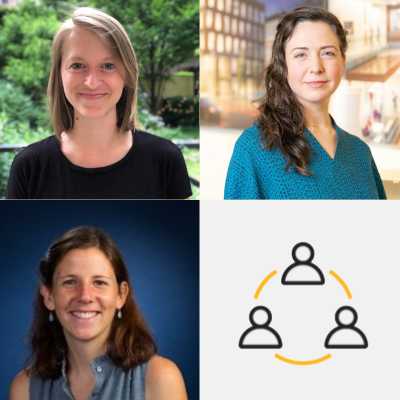What are you and your company doing to help reduce embodied carbon emissions?
Katie Ross
Global Real Estate & Facilities Sustainability Lead, Microsoft
The scientific consensus is clear. The world confronts an urgent carbon problem. While the world will need to reach net zero, those of us who can afford to move faster and go further should do so. That’s why we recently announced an ambitious goal and a new plan to reduce and ultimately remove Microsoft’s carbon footprint. By 2030 Microsoft will be carbon negative, and by 2050 Microsoft will remove from the environment all the carbon the company has emitted either directly or by electrical consumption since it was founded in 1975. This commitment will be achieved in part by cutting our carbon emissions by more than half by 2030 across our entire supply and value chain. We’ve been focusing on embodied carbon in our real estate projects for over a year – setting reduction targets for our Campus Modernization project for embodied carbon and leveraging the EC3 tool to enable us to make data driven decisions.

Katie Ross, Microsoft
William Paddock
Managing Director, WAP Sustainability
New member of CLF Board in January 2020
Nearly 15 years ago, I was introduced to the practice of Life Cycle Assessment (LCA) on a project comparing chicken, beef and fish in commodity pet food. I was instantly drawn to the complexity and challenges of sustainability focused decision making. My environmental subconscious was illuminated and I found myself stimulated to help find ways to solve environmental and climate challenges with more scientific and less emotional data.
Over the last 15 years later, I have been fortunate to be in a role where I am able to help companies understand the carbon footprints of their operations and more importantly their products. I have had many successes and failures in convincing companies on the importance of low carbon products and operations. But with every failure, I have learned new approaches, retired bad approaches, learned new tips and tricks and in the end have become a more effective advocate of the low carbon economy.
The opportunities in front of us all to design a low carbon future is a high stakes / high reward challenge. As a climate pragmatist and theorist, I feel our war chest is full of solutions that need to be shared, scaled and institutionalized to scale adoption of low carbon practices. I have seen first hand the importance of creating mechanisms that establish accountability for impact. The Carbon Leadership Forum has organized a community of passionate and experienced low carbon experts to address Embodied Carbon, one of the most unaccounted sources of carbon emissions on the planet. As a CLF Board Member, success is driving adoption and accountability of embodied carbon accounting across the entire sustainability value chain.
As a Co-Owner of WAP Sustainability, a consultancy that helps manufacturers with life cycle assessment (LCA) and environmental product declarations (EPD), the opportunity to help scale adoption of Embodied Carbon management in the built environment was an opportunity that could not be missed! We only have so many chances to get this right and I want to lend my experiences, successes and failures to Carbon Leadership Forum to make sure that we only need one chance.

William Paddock, WAP Sustainability
Steph Carlisle
Note: At this time this article was published, Steph was Principal and Researcher, Kieran Timberlake. She served on the CLF Board starting in January 2020, and then was hired by CLF as a Senior Researcher in October, 2020.
For the last ten years, I have been conducting LCAs on real, built projects, developing LCA tools and apps, and training architects and engineers on LCA practice. In my role on the development team of Tally, from developing the earliest proof-of-concept models through beta-testing and commercialization, I have been able to develop relationships with a diverse range of design professionals, clients, manufacturers, other tool developers. Recently, I have begun teaching courses on embodied carbon and LCA in the graduate school of architecture at the University of Pennsylvania.
The CLF has been at the center of my carbon community for many years. I have benefitted enormously from this network and I am eager to give back to this amazing organization. While serving on the board, I am interested in helping to grow the membership of the CLF, in directly participating in research efforts, and in furthering the educational/communications work through giving presentations or through writing. I am also very excited by the recent incubation initiative aimed at helping to develop and socialize new LCA tools. I think my experiences working on Tally over the years — through both its successes and shortcomings — have lent some valuable insight into the tool development process and the challenges it poses for architects trying to develop tools within their own firms or working collaboratively in a more open-source model.

Steph Carlisle, Kieren Timberlake
Eden Brukman
Senior Green Building Coordinator, SF Dept. of the Environment
New member of CLF Board in January 2020
I have worked for more than two decades to re-form the building materials ecosystem, and included considerations for embodied carbon for the last 15 years. Outcomes from these efforts include the development and advancement of global product reporting standards and building rating systems. Currently, I’m exploring the potential for policy as a lever to account for and reduce embodied carbon throughout the building lifecycle.
Since its early days, I have relied heavily on the expertise of the Carbon Leadership Forum to help guide my understanding of embodied carbon and the possibilities for accountability throughout the building industry. CLF continues to be the ‘go-to’ on the topic for stakeholders around the world. As a board member, I hope to continue to learn from the brain trust, and also contribute insights that help the organization maintain its rigor and integrity as well as advance the awareness of embodied carbon as a critical metric for anthropogenic impacts.

Eden Brukman







